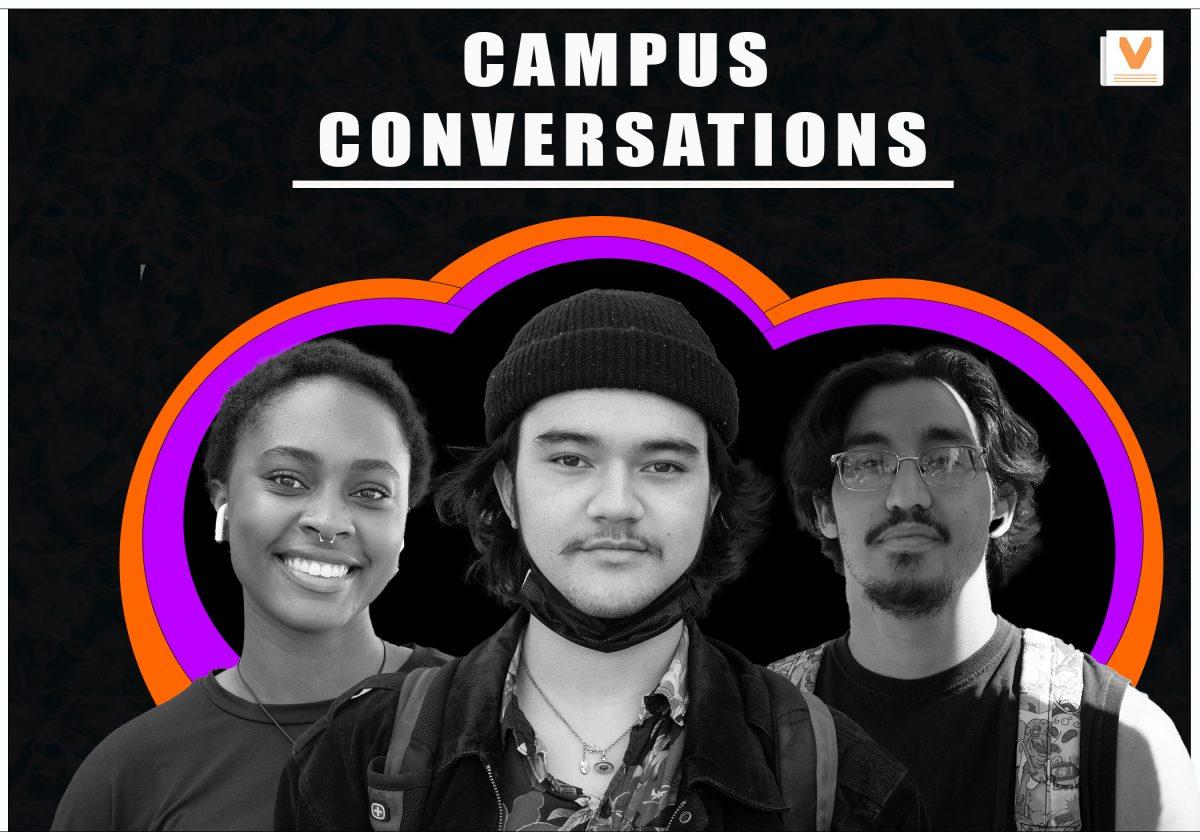By Alexandra Ugale Filarca
I remember it vividly as if it were yesterday. I walked up the stairs to see a pile of boxes scattered on the floor while clothes and other belongings were already packed inside by my family members. Eyebrows arched in confusion as 10-year-old me tried to process what was going on.
“What are you doing, Ma?” I ask my mother.
“You’re going to the States,” responded my aunt, beating everyone else to the punch.
“The States? What’s that?”
While listening to my aunt’s explanation, I started to feel excited about moving to a foreign country.
In a poverty-stricken nation, your resources are limited. Immigration comes with the idea that you are given a clean slate in life and opportunities, so you better take it when given a chance.
Along the lines of feeling hopeful, 10-year-old me failed to notice the tears my relatives held back. I never looked back on that memory until I reminisced years later.
As a child, the American Dream I experienced was nothing like the promises.
My family told me that everyone who came here would be affluent, so why are many people still living paycheck to paycheck? Why will you still be faced with shortcomings regardless of how hard you work, to the point where you sacrifice what you’ve always known and loved?
Individuals get conditioned into believing that the American Dream automatically grants them a carefree life when, in actuality, that mentality leads to disillusionment.
Some will try to stop you from achieving those visions. Unfortunately, many people do it out of bigotry. Some of the issues immigrants face are xenophobia, racism, prejudice — to name a few.
One of the problems that thwarted me from accomplishing my dream was my identity. Identifying as a person of color — Asian, to be specific — I’m also a woman and a bisexual.
Identity affects the American Dream in a way that can either aid or hinder a person. If they do not retain traditional ideals, they will be ostracized.
Perhaps the difficulty that has challenged me most is familial pressure. The roadmap of the American Dream that they had set up for me was to do well in academics.
There was never a time when they didn’t ask how my grades were or how well I was doing in school. In some countries, such as the Philippines, education is not free. So having access to it is considered a privilege.
Somewhere along the way, in trying to fulfill my family’s wishes from overseas, I developed this sort of impostor syndrome. I was never satisfied with my work and always wondered if I could’ve done more. Soon enough, that destructive mindset consumed me until it affected my mental health.
Young immigrants don’t get enough credit that they deserve. Growing up and experiencing two different cultures, they encounter an identity crisis. As they try to assimilate with the alien and foreign American society, it is a matter of fitting in. They still try to preserve their roots as they carry their family’s burdens.
You must do a tremendous amount of work to attain this idealized dream. However, there is only so much one can accomplish due to current circumstances.
One way to aid ambitious individuals is by opening up more opportunities.
As a result of insufficient resources, they miss out on several opportunities because they are not qualified for them. By removing barriers, only then will they be able to bring their dream to fruition.







